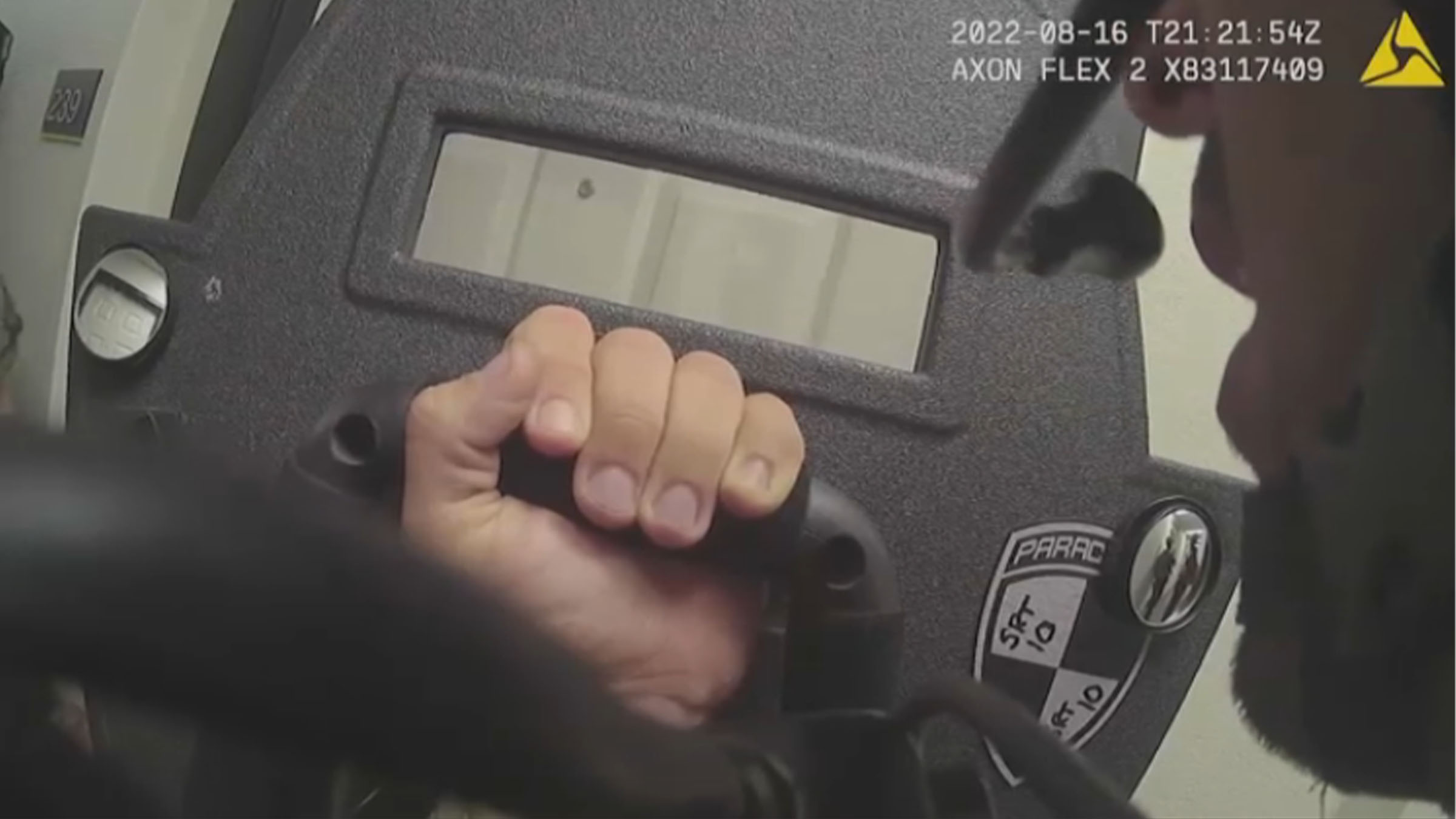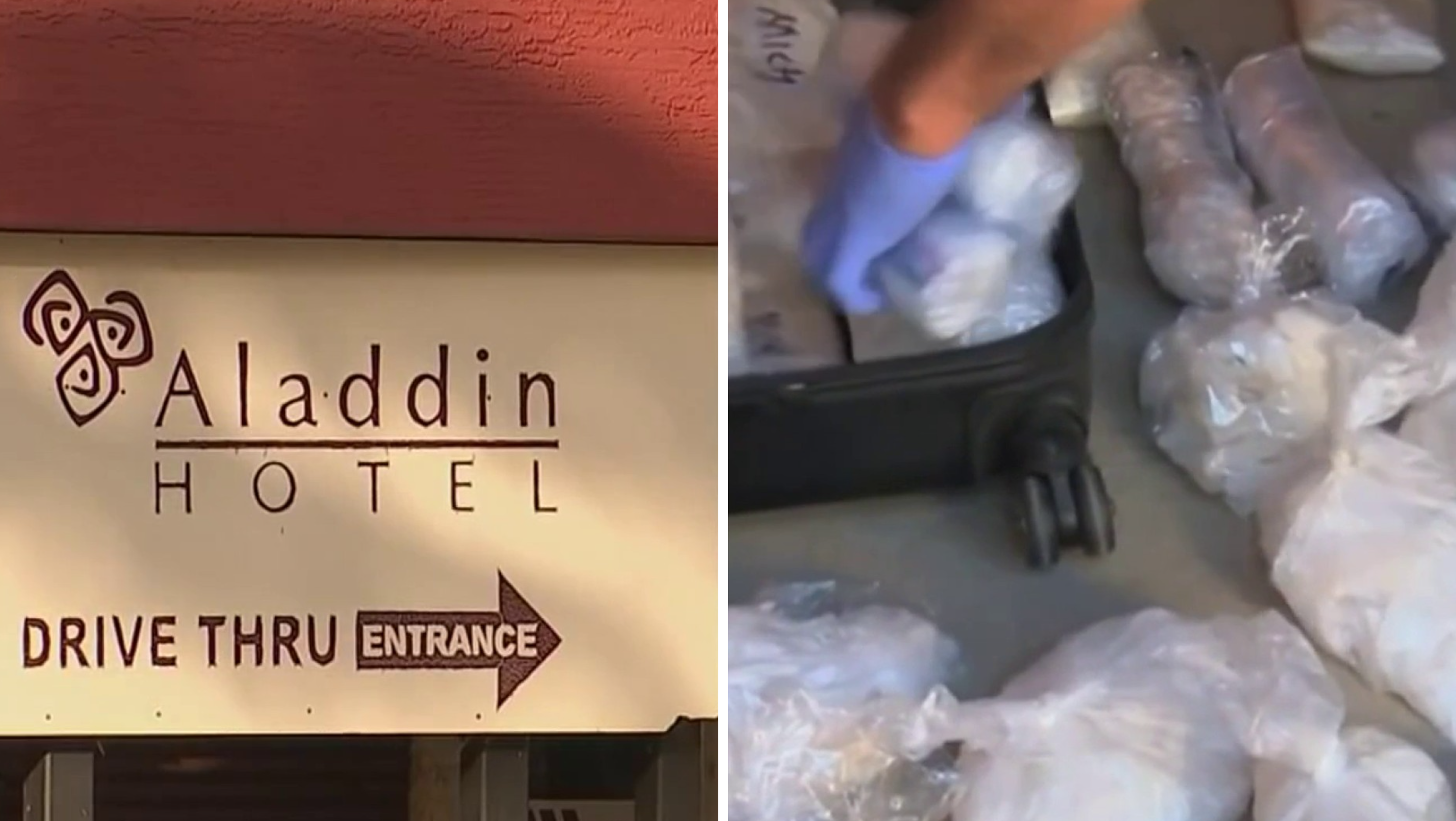Taking a page from those who for decades ran South Florida boiler rooms and call centers to fleece would-be investors, scamsters are increasingly moving to lure victims through social media ads that connect them into chat groups.
Victims of one such effort, including those in South Florida, say millions were lost late last year to the criminals who try to stay out of reach of American law enforcement.
The plot is familiar: get investors to buy inflated stocks in a way that artificially pumps up the price -- then sell them at a huge profit.
It’s called pump-and-dump, or ramp-and-dump, or pig-butchering, but to its victims, it's just a cruel scam.
Get South Florida local news, weather forecasts and entertainment stories to your inbox. Sign up for NBC South Florida newsletters.
It starts with bogus online advertisements featuring purloined images of well-known successful investors, promising to share their expertise to help others profit as well.
One such Facebook ad – falsely claiming to be from a hedge fund billionaire – pitched returns as high as "a staggering 45% ... in just one month."
“They make you click the link,” said Peter Bourget, a Georgia home remodeling contractor, “and the link actually takes you to a WhatsApp group.”
Investigations
The NBC 6 Investigators get results
That is where hustlers on the other ends – using what victims believe are aliases and fake photos – start to reel them in.
After monitoring the comments in the group of the "investor assistant" named “Ava” for weeks, Mark Dimmer, a London medical delivery driver, said, “I thought she knew what they were talking about. And then she asked me about my life and the money I’m willing to invest and how much I’ve invested before.”
Bourget, Dimmer and Marco Sclocchi, an oil and gas executive in Houston, were already somewhat experienced, cautious investors, before getting caught up in what called itself the Red Sea Fortune investment group.
At first, they were given free tips to well-traded US stocks and bought them through their own legitimate online brokerage accounts.
That reassured Sclocchi, who said, “Controlling my money where I physically had the transaction, not assigning the money to somebody, I felt pretty safe.”
But the tips eventually shifted to companies on the legitimate Hong Kong exchange.
Then came the hard sell.
“They had very strong information that this was going to be a successful investment and at that point the return was really going to be a 5 to 10-day play for about maybe a 20- to 30% gain,” Bourget recalled.
Adding to the implied inside information, sometimes about an impending merger, was a sense of urgency.
“So you got money in one stock already and then they’re pumping you for the other stock,” said Bourget. “And then right around Christmas, which is when this happened, both those stocks dropped 95 percent overnight. Boom.”
“So that’s a pump-and-dump,” said Collin Connors, cyber and crypto security consultant for ERMProtect in Coral Gables. “And that dump will happen in the blink of an eye.”
Connors has seen the pattern before.
“These are sophisticated organizations. This is their job,” he said. “They are professional scammers” hiding behind social media ads and aliases on WhatsApp, likely from afar.
“With these overseas crimes, it can be very difficult for local law enforcement to go after that and then federal law enforcement is very overwhelmed with these kinds of scams,” Connors said.
The three victims who spoke to NBC6 lost more than $85,000 of what they say is $3 million drained from about two dozen victims they have identified from their WhatsApp groups.
But they are having trouble getting the attention of or response from law enforcement, brokerages, regulators, social media companies and the Hong Kong exchange where the stocks were traded.
“There’s no person or authority you can actually talk to, to tell them, ‘Hey, look. People are losing real money over this stuff and it’s hurting American investors,’” Bourget said.
The Federal Trade Commission this month confirmed that much, finding a record $10 billion in consumer losses in 2023, a 14% increase in one year.
And when it comes to the amount of money lost, investment scams topped the list at more than $4.6 billion—up from $1.7 billion in 2021.
More evidence that the days are short for smoke-filled boiler rooms and call centers cold-dialing targets from a list of phone numbers: the most lucrative form of contact for scammers was via social media, fleecing victims out of $1.4 billion last year, according to the FTC.
Recovery for victims can be difficult, but it is possible, said Rosario Mendez, an FTC attorney. "We always try to get money back and when we do get money back, we give it back to the consumers that were affected by the scam."
But better, she said, to avoid red flags, including, in this case, "the fact they transferred to another platform to communicate in a different way." Another, she added, is when they claim, "they can teach you something no one else can teach you, that they have a secret for investment to help you invest the money that way."
While federal authorities often bring criminal cases against perpetrators of investment fraud in the US, targets in China are largely out of their reach.
But the regulatory agency that oversees the Hong Kong market has made some strides.
In 2022 and early 2023, the agency announced the arrest of two dozen people and froze $650 million in accounts tied to “ramp-and-dump” scams.
But that failed to prevent the con worked at the end of last year, as others stepped in to replace those arrested. And the victims tell NBC6 more victims are currently being solicited in Facebook ads.
Regulators say to avoid becoming a victim, don’t respond to unsolicited investment offers, including ads on social media, or discuss finances with people met online.
Among the red flags: promises of big returns coupled with the urgency to invest quickly.



